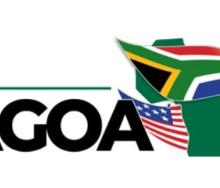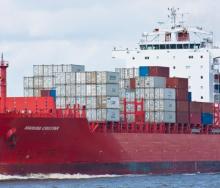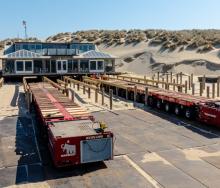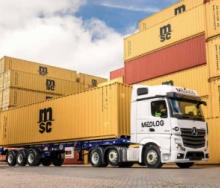Efficiency remains the most critical factor in successful logistics operations – and as Namibia continues to attract growing attention as a trade and transit hub, it must ensure it can handle increased volumes while remaining competitive.
According to Harold Schmidt, secretary general of the Namibia Logistics Association (NLA), there is no room for complacency.
“With more cargo expected to move through the country, we must ensure our systems, infrastructure and regulatory frameworks are geared for speed, reliability and cost-effectiveness,” he said.
He emphasised that the logistics chain must operate as efficiently as possible and every effort must be made to eliminate cost-inducing processes.
“It is not in our – or the region’s – interests to have non-tariff barriers (NTBs) on our corridors. The goal is to have cargo moving as quickly and efficiently as possible, at a cost-competitive price.”
With the increased focus on growing intra-regional trade and the significant interdependence between countries, Schmidt said it was critical to address NTBs as a matter of urgency.
He said the in-transit cargo clearing procedure introduced by Botswana late last year, which no longer allows cargo to be consolidated and moved under a single Received-in-Transit (RIT) entry, was a prime example of how trade can quickly be negatively impacted.
“We are currently dealing with an issue that has caused significant cost and time delays on one corridor. If a three-country bloc cannot resolve this, how are we ever going to expand intra-regional trade further north,” said Schmidt.
“What happens when other countries see what Botswana is doing, consider the cost-benefit it has brought to their own systems, regardless of the wider impact on trade, and start following suit? It will make trade in our region unaffordable.”
Schmidt said that a genuine commitment to intra-African trade would require countries to take firm steps to identify and eliminate non-tariff barriers (NTBs).
“We are also strong advocates for preclearance, as this will prevent cargo movement from being interrupted at different borders. There are solutions available that can enable efficient, cost-effective trade – but it will require countries to work together to implement harmonised systems, procedures, policies, and regulations that speak to each other.”
Now more than ever, Schmidt said, the logistics sector was under pressure to deliver innovative solutions.
“We have to think out of the box to truly take advantage of the many opportunities that currently exist. As a country, Namibia has done an excellent job in promoting itself as a viable trade option. But to make this a reality, we must ensure the necessary policies are in place and that we implement processes that deliver on that promise.”













